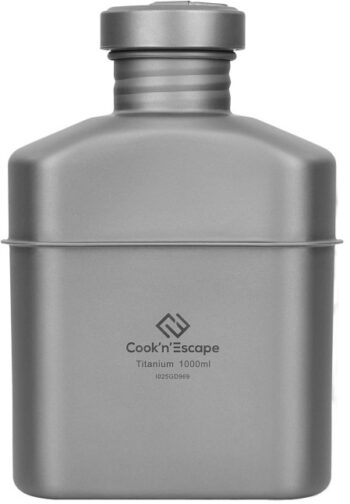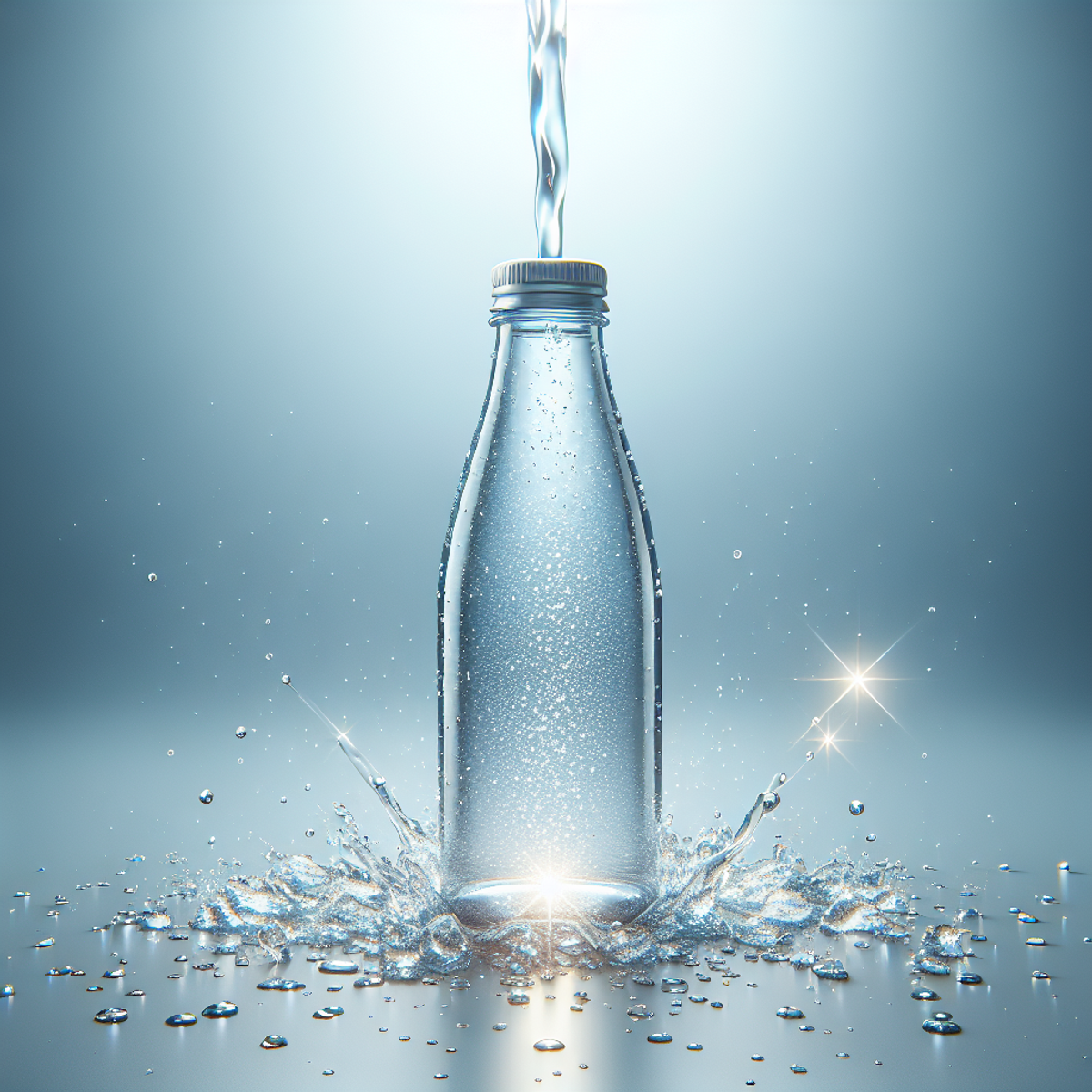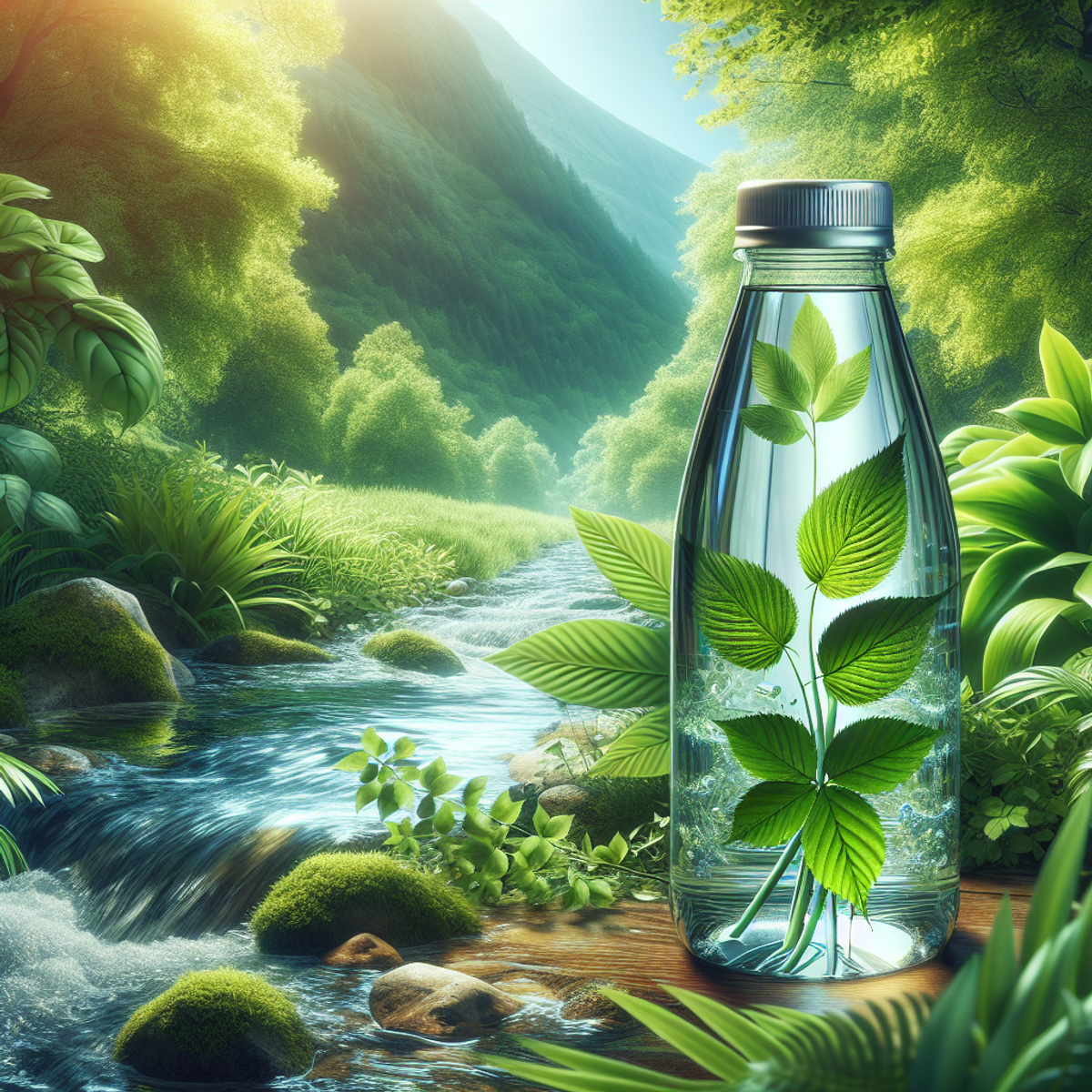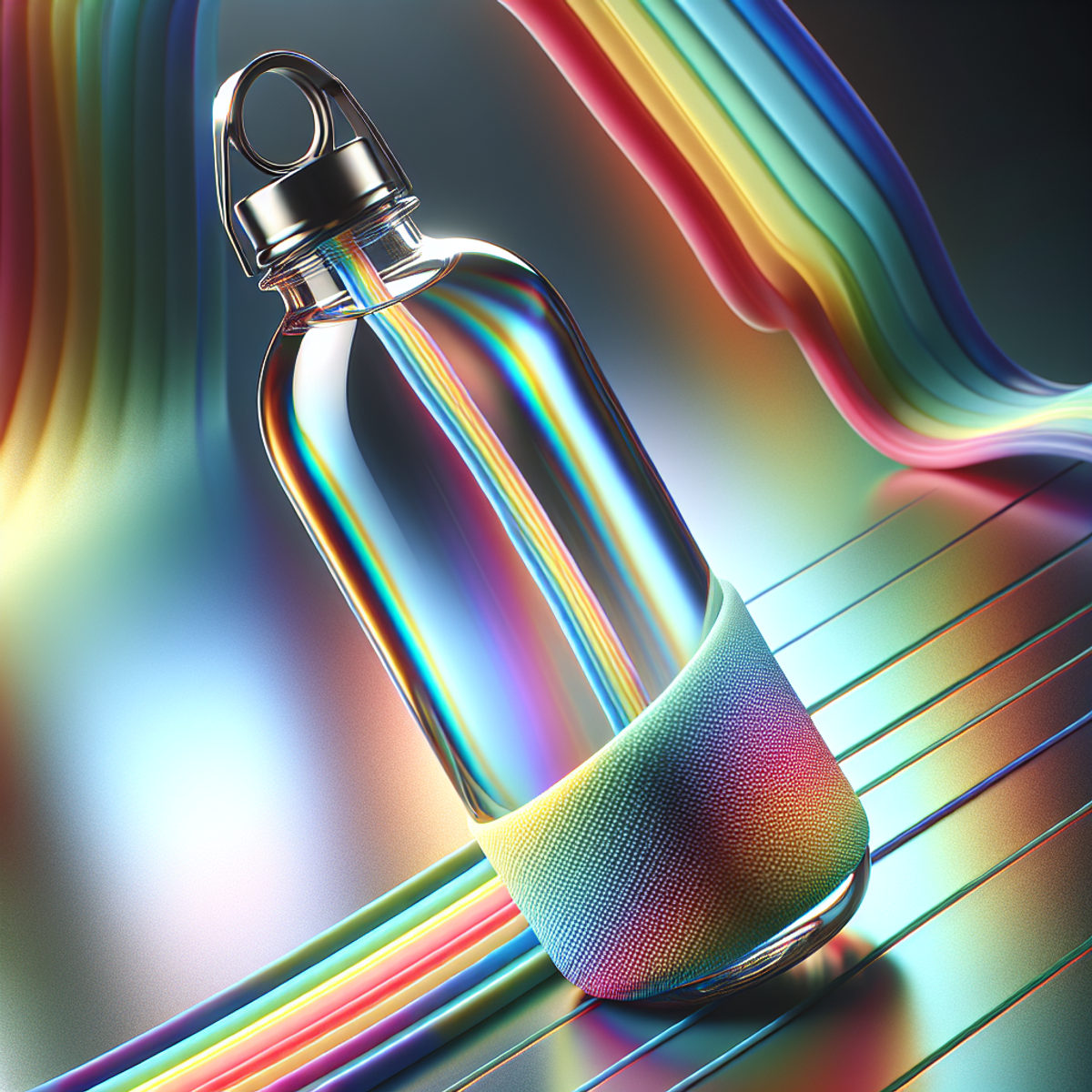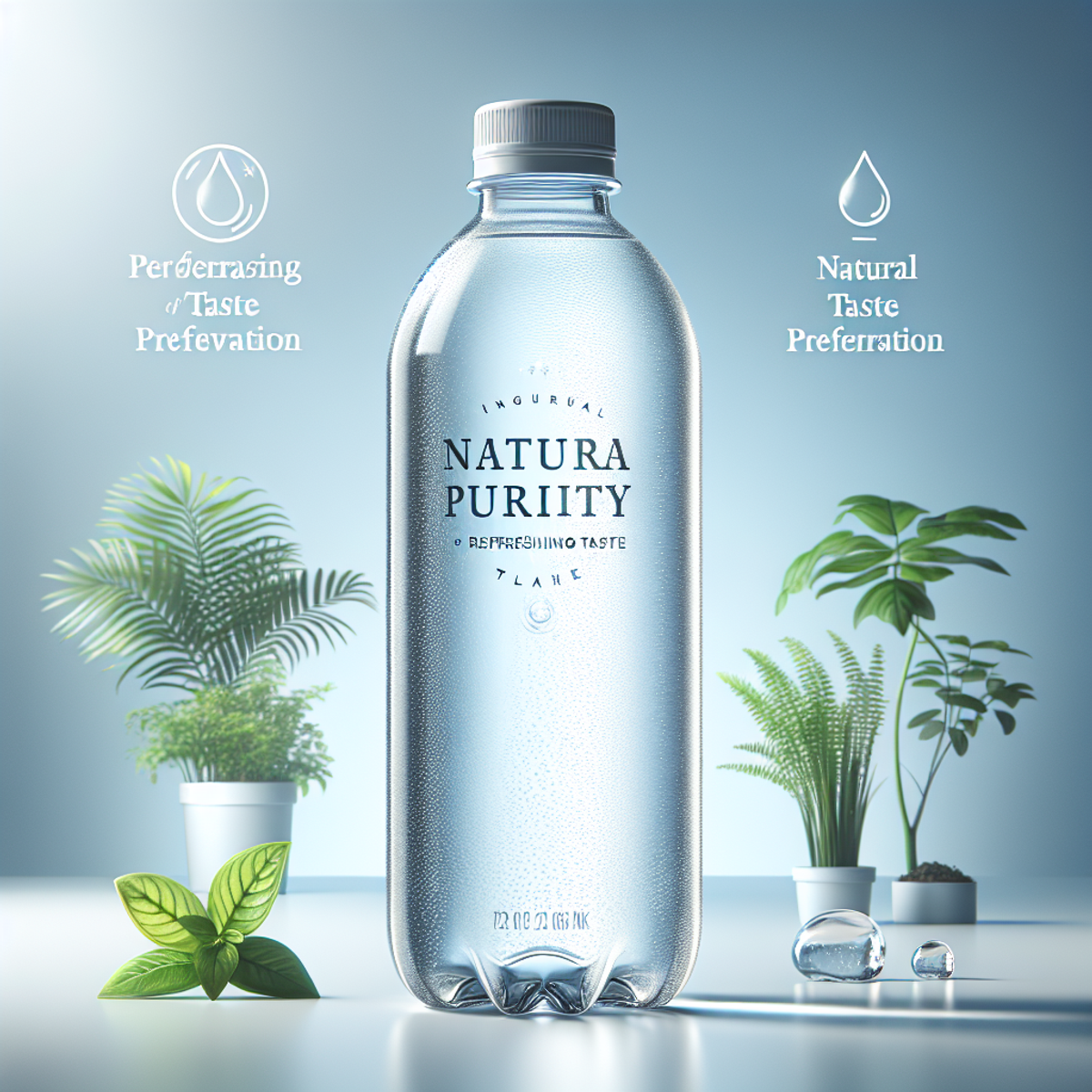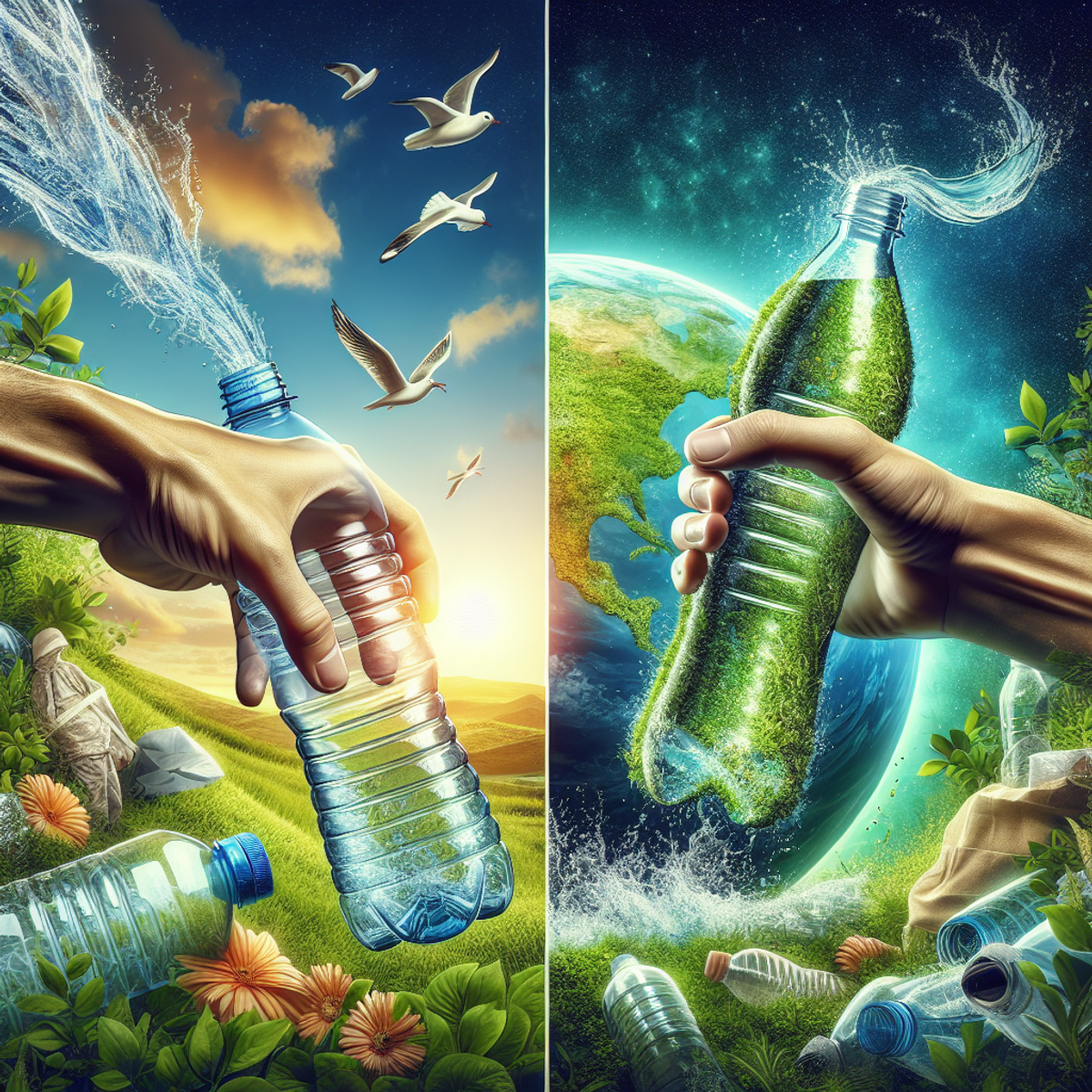Buying a reusable water bottle is a necessity for most of us. Usually, water bottles are made of plastic, which leads us to a common question of whether these bottles are safe for everyday use. Generally, a non toxic glass water bottle is considered to be the safest option.
On the contrary, plastic bottles are referred to as toxic, as they include traces of ‘Bisphenol A’ or BPA (a harmful chemical). If you need more information regarding the safest and non-toxic materials for water bottles, this article is for you.
Here, we will share some expert insights regarding the safety score of different materials used for water bottle manufacturing.
So, let’s start reading!
Safest Non-Toxic Materials for Water Bottles
Below, we have discussed those materials for water bottles that are relatively safe to use:
- Stainless Steel
- Aluminum
- Titanium
- Glass
Stainless Steel
No doubt, stainless steel is among the most popular and considerable safe materials for water battles. This material works well for both hot and cold beverages.
Stainless steel differs from steel, as the former contains certain additives like Nickel and Chromium. Both these elements prevent rust and corrosion.
Grades of Stainless Steel
Different types of stainless steel are usually used to manufacture water bottles. These include:
- 304
- 316
- 18-8
- 18-10
These are the most popular types of Stainless Steel used for water bottles. Normally, 304 is preferred to 304 and 18-10. This suggests that higher grades offer better quality and are durable too.
When it comes to the non-toxicity or safety of a water bottle, all these grades work perfectly well. This is so because Stainless Steel is free from toxic materials, and there is no perforation issue.
What Types of Stainless Steel Water Bottles to Avoid?
Stainless Steel is a non-toxic material, yet not all water bottles made of this material are safe. Some manufacturers use plastic lids for their Stainless Steel water bottles.
Even if the lid is also made of Stainless Steel, there is some sort of plastic part under the lid. This is the area where toxic elements of plastic come into contact with water.
So, it’s better to avoid such bottles.
Aluminum
Aluminum is a lighter and less expensive material when compared to steel. Speaking of Aluminum as a safe material, there are some grey areas to be aware of when making a choice.
Usually, aluminum is more reactive when exposed to acidic liquids. This is the reason soda cans used for aluminum are protected with a plastic liner, which might contain BPA.
However, certain reputed brands make safe and non-toxic Aluminum water bottles. These manufacturers use a plastic liner that is BPA-free, which makes such bottles safe and non-toxic.
So, as long as a manufacturer complies with the EU/USA regulations, aluminum bottles could serve as a safe option. However, you might not always be sure, as in the case of a non toxic glass water bottle.
What Types of Aluminum Water Bottles to Avoid?
Make sure to avoid an Aluminum water bottle with a toxic liner containing BPA or other harmful elements. You need to do some research by going through the regulatory policies of a manufacturer.
Titanium
Titanium is another durable and safe-to-use material for water bottles. Titanium water bottles are lightweight too, making them a perfect choice for outdoor enthusiasts.
However, this material is quite expensive, which might serve as a deal breaker. Even though the price of a titanium bottle is on the higher side, it is a safe option.
Aluminum is generally non-toxic, meaning it might not pose any health risk. This is why most of the cookware is made of Aluminum.
Therefore, Aluminum water bottles could serve as the safest alternative to harmful plastic bottles. Besides, Aluminum is also hygienic, as it doesn’t support bacterial growth.
What Types of Titanium Water Bottles to Avoid?
Although Titanium doesn’t react with water or any other beverage, it is generally considered safe and harmless. However, make sure to avoid Titanium bottles with plastic lids or seals.
Glass
As a material, glass stands out among the safest and non-toxic materials for water bottles. Hence, you can confidently buy a non toxic glass water bottle. The only concern relates to breakage and getting yourself injured with sharp glass edges.
If you are in the habit of carefully using your glass water bottle, the issue of breakage can be easily avoided. Besides, glass is the cleanest and impermeable material. That’s why glass water bottles don’t absorb any flavor or smell.
It is worth noting that most glass bottles are made with Borosilicate, a specific type of glass. This particular glass is resistant to temperature changes, so it won’t chip or crack when exposed to variable temperatures.
Apart from this, top-rated brands offer their glass bottle with silicon sleeves. This makes glass bottles less susceptible to breakage. As a result, glass bottles could continue to serve you for a longer period.
Also, glass is easy to clean and doesn’t get stained. That’s why most people prefer glass water bottles. However, glass is relatively heavier than Aluminum and Titanium.
So, a glass water bottle with a silicon sleeve proves to be a lot heavier. This is why most hikers prefer lighter options like aluminum and Stainless Steel. Besides, these materials are more durable than glass.
However, when you count on the safety and non-toxicity of a glass bottle, it is OK to make such a compromise.
Final Thoughts
Once you have gone through the article, it will be much easier to understand which material is safest for water bottles. Each of the materials mentioned above has pros and cons, yet there is one thing in common. All these materials serve as a safe alternative to plastic. But when it comes to following a healthy hydration routine, a non toxic glass water bottle tends to be the safest choice.

